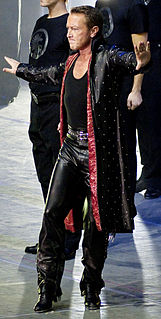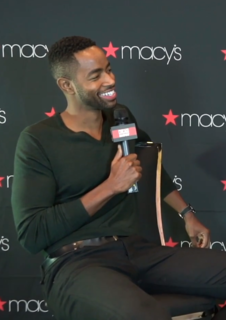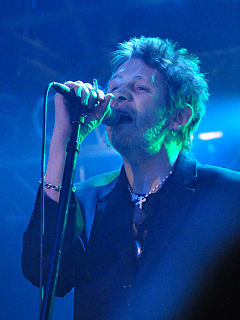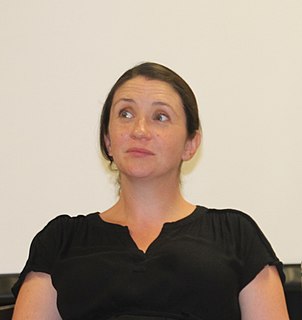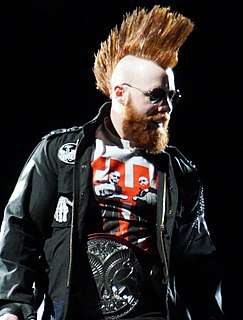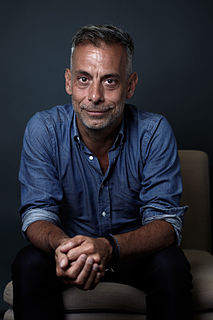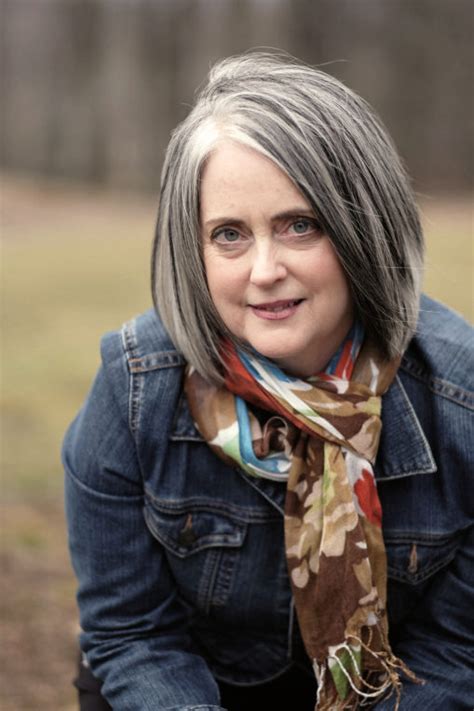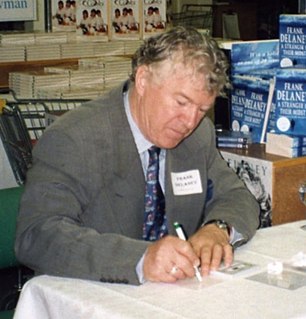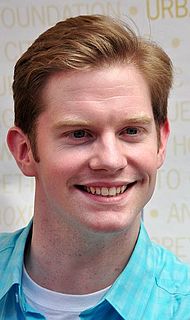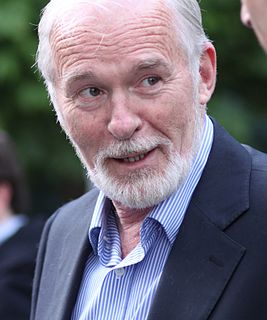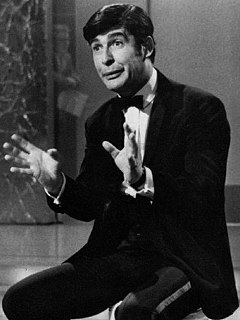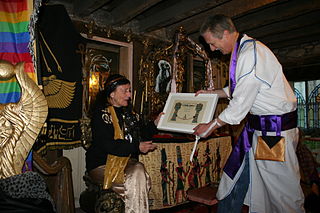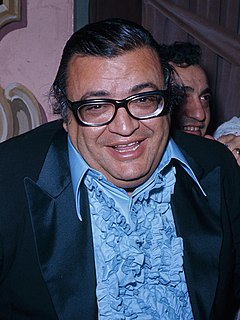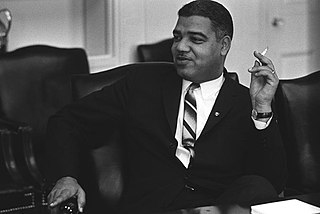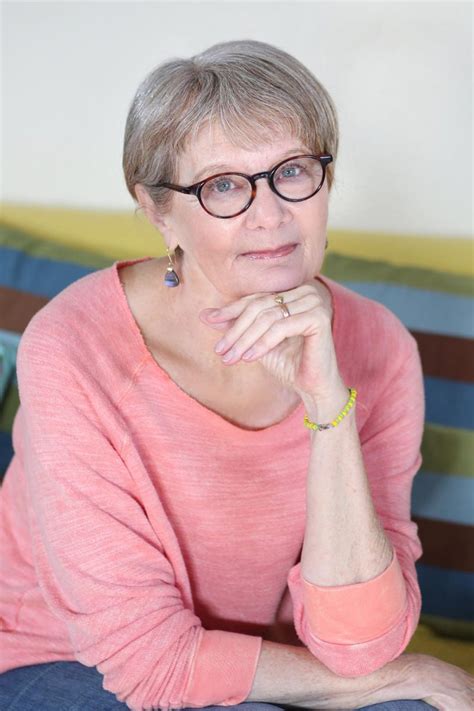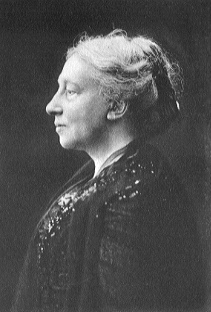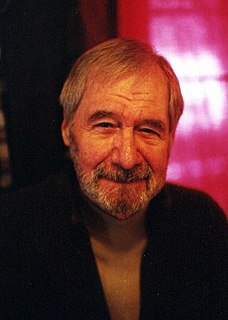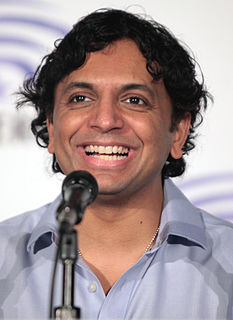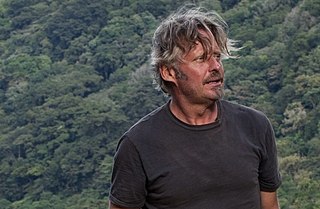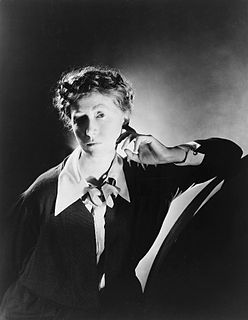Top 1200 Irish Writers Quotes & Sayings - Page 3
Explore popular Irish Writers quotes.
Last updated on April 15, 2025.
For me, a story begins with music: I feel the rhythm, the cadence, the pulse of the characters and their voices and the setting. Because I had just finished writing a book called 'Black Potatoes: The Story of the Great Irish Famine,' I was already filled with the music of the lives and culture of the Irish people, so I thought, why not use it?
We Irish prefer embroideries to plain cloth. To us Irish, memory is a canvas--stretched, primed, and ready for painting on. We love the "story" part of the word "history," and we love it trimmed out with color and drama, ribbons and bows. Listen to our tunes, observe a Celtic scroll: we always decorate our essence.
You were born with the seeds of your talent, the ability to observe the world around you and weave piece of it into a story. I believe that most -- if not all -- people are born with these seeds. What separates the writers from the non-writers is that the writers actually sit down and, you know... write.
..few writers like other writers' works. The only time they like them is when they are dead or if they have been for a long time. Writers only like to sniff their own turds. I am one of those. I don't even like to talk to writers, look at them or worse, listen to them. And the worst is to drink with them, they slobber all over themselves, really look piteous, look like they are searching for the wing of the mother. I'd rather think about death than about other writers. Far more pleasant.
Irish writing is so strong that it can feel like the country has all been covered, but in fact, there are so many gaps. The small west of Ireland cities and the working classes there have almost never appeared in Irish literature, simply because those communities were never in the way of producing books.
As a citizen of Ireland I have more sovereignty over our government. Because citizens now have more ways of holding the Irish government to account, not just under Irish constitutional law, but under the European system, at Strasbourg and Brussels. This, I believe, is the benefit for individual citizens.
I knew I had that Cajun heritage, that Acadian heritage; I just feel it. And my gut says Irish on the other side. Irish and French, that's what I feel. When you're young, it doesn't matter so much, but as you get older, I would suspect part of the ageing process is to wonder about your ancestors - who were they? What were their lives like?
'A Naval History of Britain' which begins in the 7th century has to explain what it means by Britain. My meaning is simply the British Isles as a whole, but not any particular nation or state or our own day... 'Britain' is not a perfect word for this purpose, but 'Britain and Ireland' would be both cumbersome and misleading, implying an equality of treatment which is not possible. Ireland and the Irish figure often in this book, but Irish naval history, in the sense of the history of Irish fleets, is largely a history of what might have been rather than what actually happened.
One of the problems that comes up time and time again seems to be this notion of being 'pure' Irish. If you are Protestant, born in the Northern part of the island and deeply into the Protestant tradition, that somehow does not make you a legitimate Irish person. Yet there is a huge British influence in parts of the South.
James Joyce's English was based on the rhythm of the Irish language. He wrote things that shocked English language speakers but he was thinking in Gaelic. I've sung songs that if they were in English, would have been banned too. The psyche of the Irish language is completely different to the English-speaking world.
The difference of the English and Irish character is nowhere more plainly discerned than in their respective kitchens. With the former, this apartment is probably the cleanest, and certainly the most orderly, in the house.... An Irish kitchenis usually a temple dedicated to the goddess of disorder; and, too often, joined with her, is the potent deity of dirt.
I hold that the beginning of modern Irish drama was in the winter of 1898, at a school feast at Coole, when Douglas Hyde and Miss Norma Borthwick acted in Irish in a Punch and Judy show; and the delighted children went back to tell their parents what grand curses 'An Craoibhin' had put on the baby and the policeman.
Once in my childhood I had been eager to learn Irish; I thought to get leave to take lessons from an old Scripture-reader who spent a part of his time in the parish of Killinane, teaching such scholars as he could find to read their own language in the hope that they might turn to the only book then being printed in Irish, the Bible.
Real writers-that is, capital W Writers-rarely make much money. Their biggest reward is the occasional reader's response.... Commentators-in-print voicing big fat opinions-you might call us small w writers-get considerably more feedback than Writers. The letters I personally find most flattering are not the very rare ones that speak well of my editorials, but the occasional reader who wants to know who writes them. I always happily assume the letter-writers is implying that the editorials are so good that I couldn't have written them myself.
I said that when I looked at photographs of the firefighters who went into the Twin Towers, their faces looked to me like Irish faces. I hadn't yet learnt how careful outsiders have to be when talking about race in America, and I'd put my foot in it. Someone stood up and said aggressively, 'What do you mean by Irish faces?'

